Legal marijuana: how the American system works
Licensed 'pot shops' open in Washington as recreational marijuana goes on sale for the first time
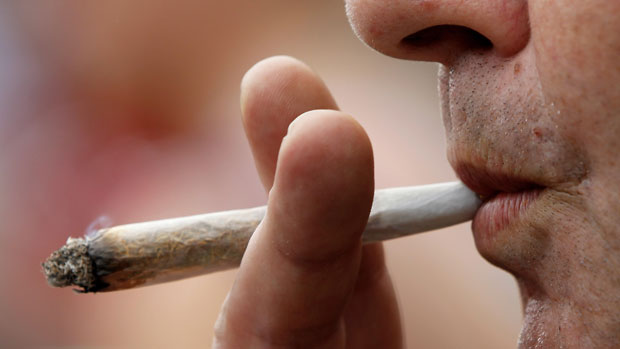
A free daily email with the biggest news stories of the day – and the best features from TheWeek.com
You are now subscribed
Your newsletter sign-up was successful
Marijuana can now legally be bought and sold in the US state of Washington, after licensed "pot shops" opened their doors this week. Here's how the system works.
Where can you buy marijuana?
After receiving nearly 7,000 applications to grow, sell or process marijuana, state authorities have licensed 24 retail outlets. However, local TV station KXAN said that it may be a month before retailers start to receive the drug from state-certified growers.
The Week
Escape your echo chamber. Get the facts behind the news, plus analysis from multiple perspectives.

Sign up for The Week's Free Newsletters
From our morning news briefing to a weekly Good News Newsletter, get the best of The Week delivered directly to your inbox.
From our morning news briefing to a weekly Good News Newsletter, get the best of The Week delivered directly to your inbox.
The Huffington Post explains there is likely to be a shortage of legal cannabis as state officials "grapple with a backlog of would-be growers" who still need to be screened by Board of Control investigators. Out of 2,600 applicants, fewer than 80 growers have been approved.
The shortage of state-approved marijuana has prompted some stores to charge as much as $30 per gram for legal pot – twice what people pay at the state's medical marijuana dispensaries. Seattle's Center for Cannabis and Social Policy says these high costs could force "heavy users to stick with neighbourhood dispensaries or drug dealers" until the price comes down.
How is the system regulated?
The sale of legalised marijuana in Washington depends on sophisticated tracking. "Each plant is assigned its own tracking number," explains the New York Times, and retailers must scan their produce into a state-wide tracking system to "prevent unlicensed pot entering the retail market". Stringent testing and child-resistant packaging are also required, and officials must ensure that all retailers have security measures in place before licences are granted. Would-be retailers are rejected outright if their stores are within 1,000ft of a school, child care centre or park.
A free daily email with the biggest news stories of the day – and the best features from TheWeek.com
How much marijuana are people allowed to buy?
People over the age of 21 will be entitled to buy up to an ounce of dried marijuana, 16 ounces of pot-infused solids (eg chocolate), 72 ounces of pot-infused liquids or a quarter of an ounce of concentrated marijuana. But Reuters reports that many retailers will limit purchases for the next few weeks in order to stretch their limited supply.
How much will it cost?
While stores could offer a legal gram for between $10 and $12, The Guardian points out that most will probably charge around $20 "because of the low supply and high taxes – 25 per cent wholesale and 25 per cent retail".
Where are people allowed to consume the drugs?
Public consumption remains illegal, so people are allowed to consume marijuana only in private homes. People may have to ingest the drug within food or drink if they live in a building or block of flats that bans smoking.
Why was pot legalised?
In short, tax revenue. In 2012 Washington predicted that a legalised cannabis industry would bring in an additional $1.9 billion in tax revenue over five years.
What is the situation in the rest of the US?
Colorado, the only other US state in which cannabis is legal, completed its first study into the market on Wednesday and found that "demand for marijuana is much larger than previously estimated". Demand amounts to almost 130 tons a year, the report says,22 a third higher than recent projections from the Department of Revenue. Authors also concluded that legalised Marijuana has an average market rate of $8 per gram in the state.
Legalisation initiatives are set to appear on a number of state ballots in 2016, including Alaska, Nevada and California. The Guardian reports that Washington DC and New York are also considering a change in the law.
-
 What to know before filing your own taxes for the first time
What to know before filing your own taxes for the first timethe explainer Tackle this financial milestone with confidence
-
 The biggest box office flops of the 21st century
The biggest box office flops of the 21st centuryin depth Unnecessary remakes and turgid, expensive CGI-fests highlight this list of these most notorious box-office losers
-
 What are the best investments for beginners?
What are the best investments for beginners?The Explainer Stocks and ETFs and bonds, oh my
-
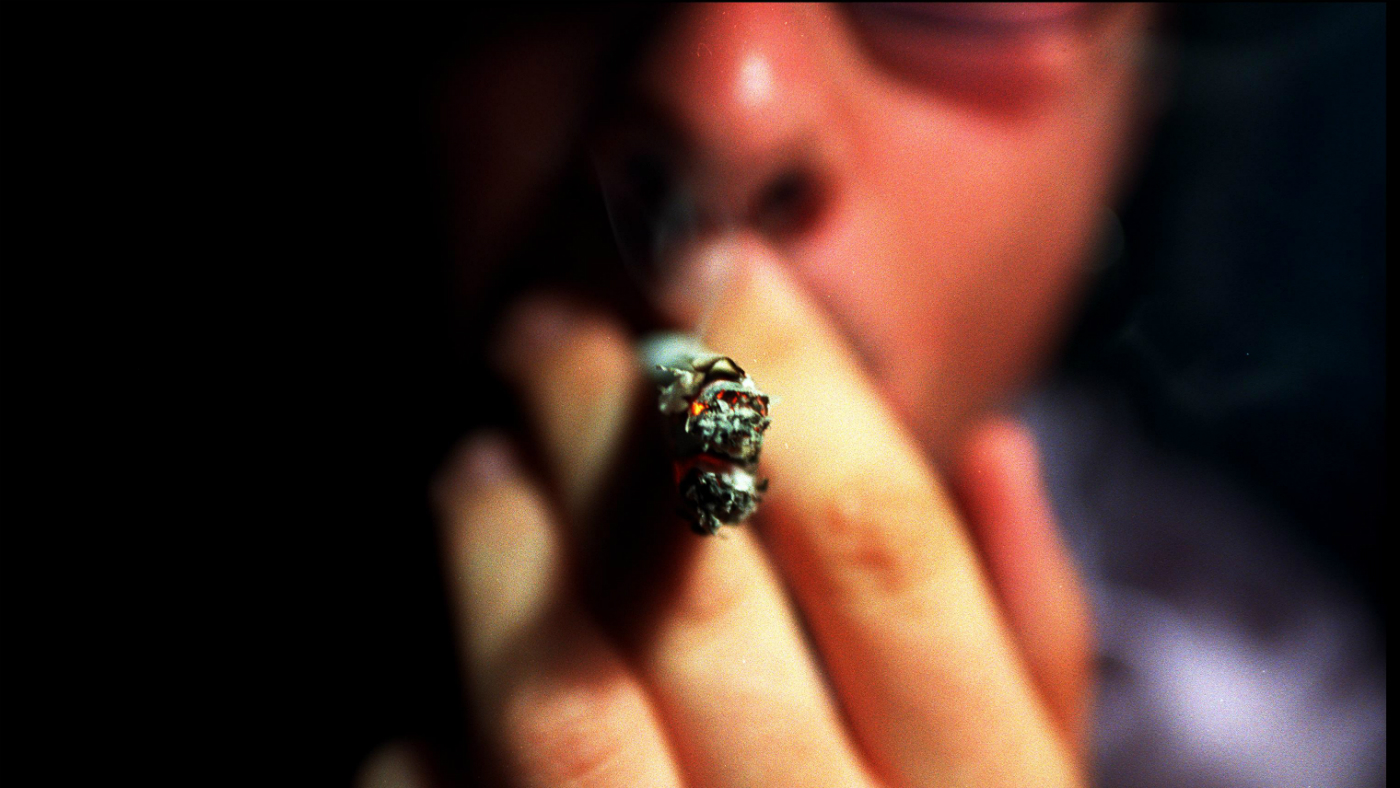 Cannabis users ‘can wake up during surgery’
Cannabis users ‘can wake up during surgery’feature And other stories from the stranger side of life
-
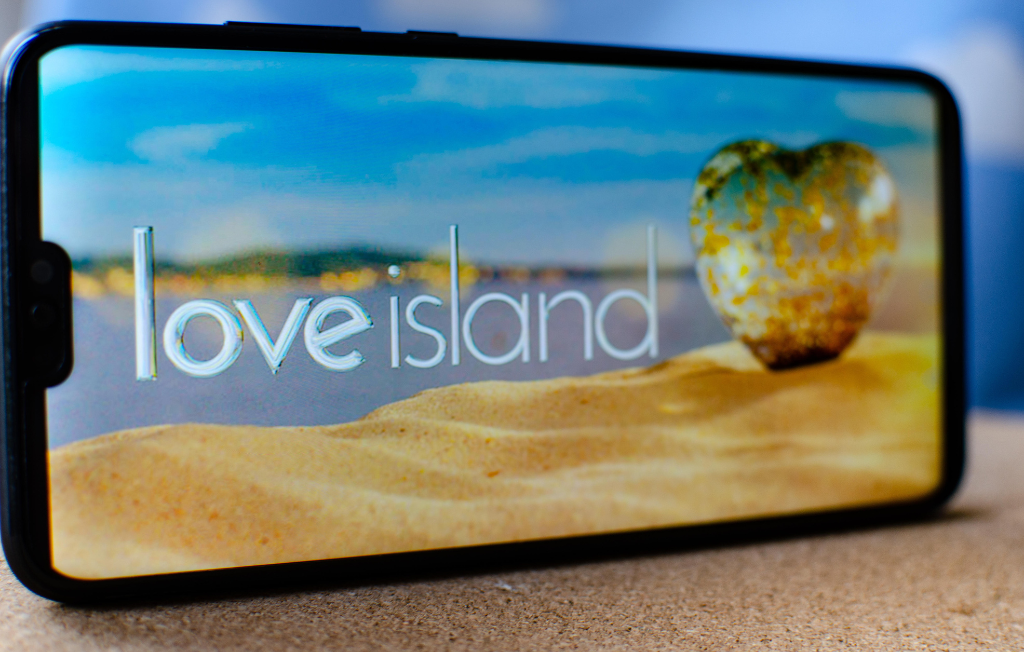 ‘Love Island should take pride in including the queer community’
‘Love Island should take pride in including the queer community’Instant Opinion Your digest of analysis from the British and international press
-
 ‘Centrism is back with a fresh coat of paint’
‘Centrism is back with a fresh coat of paint’Instant Opinion Your digest of analysis from the British and international press
-
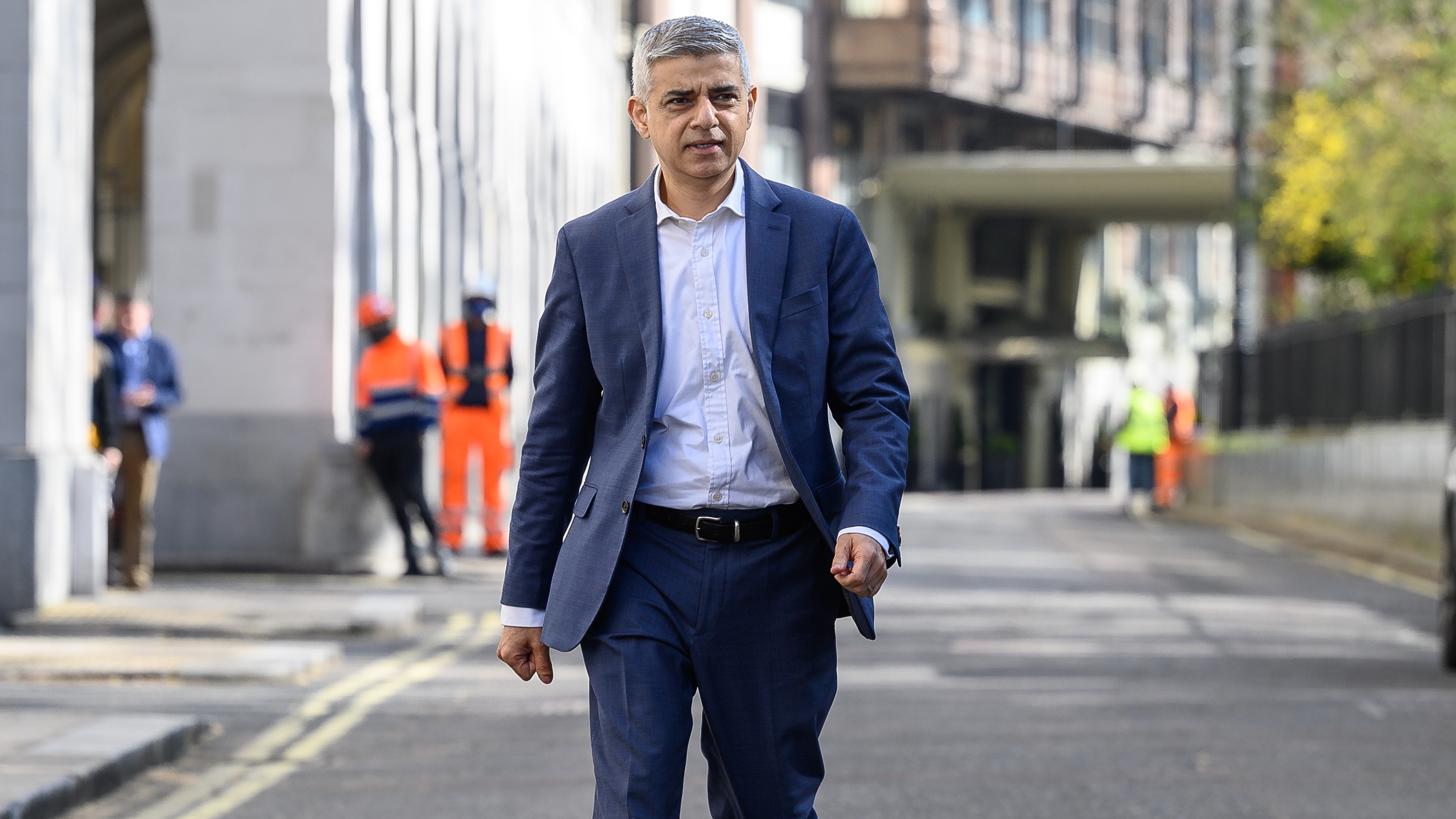 The benefits of cannabis legalisation
The benefits of cannabis legalisationIn the Spotlight London Mayor Sadiq Khan says there is widespread public support for decriminalisation of the class-B drug
-
 Wild mouse passes out after eating cannabis plant
Wild mouse passes out after eating cannabis plantSpeed Read And other stories from the stranger side of life
-
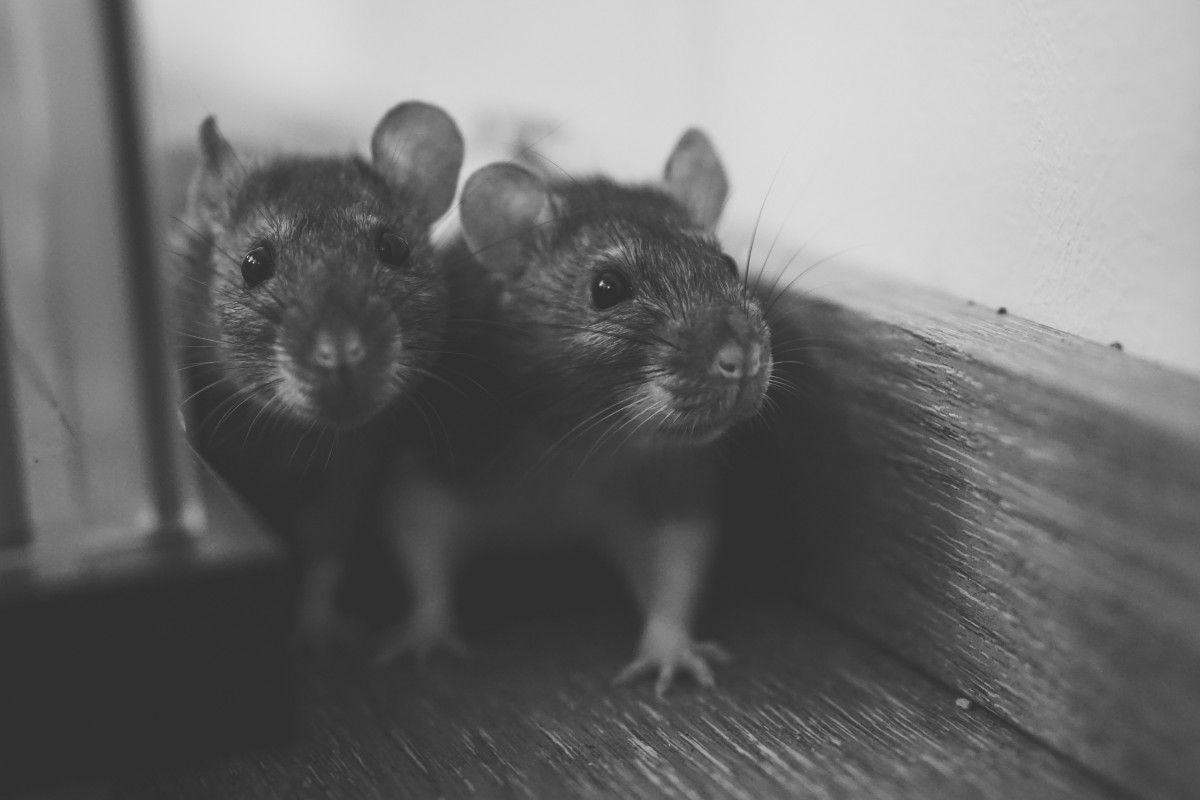 Britain being overrun by ‘randy rodents’
Britain being overrun by ‘randy rodents’Speed Read And other stories from the stranger side of life
-
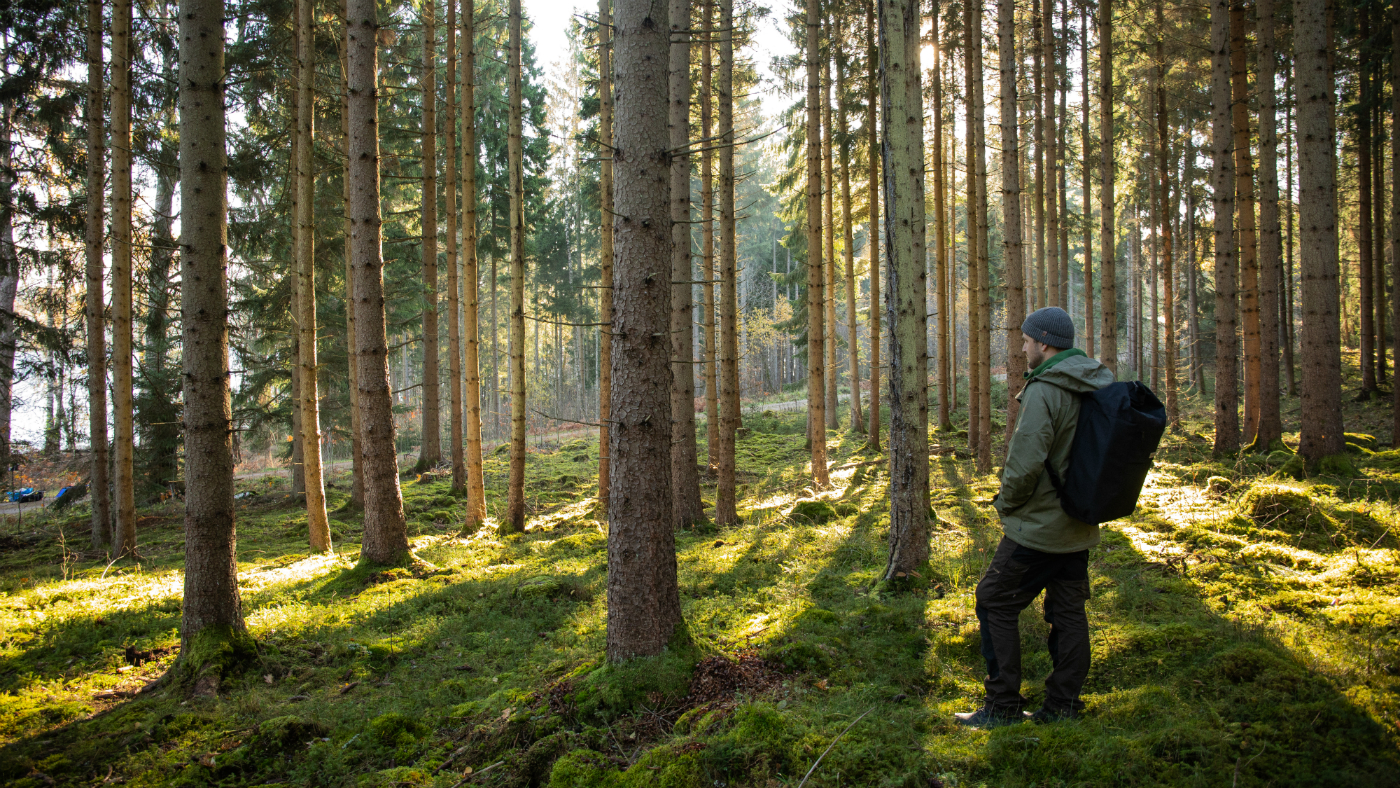 The Week Unwrapped: Electric trees, government weed and skywriting
The Week Unwrapped: Electric trees, government weed and skywritingIn Depth Could leaves power the homes of the future? Why isn’t legal cannabis catching on? And will British skies soon fill with messages?
-
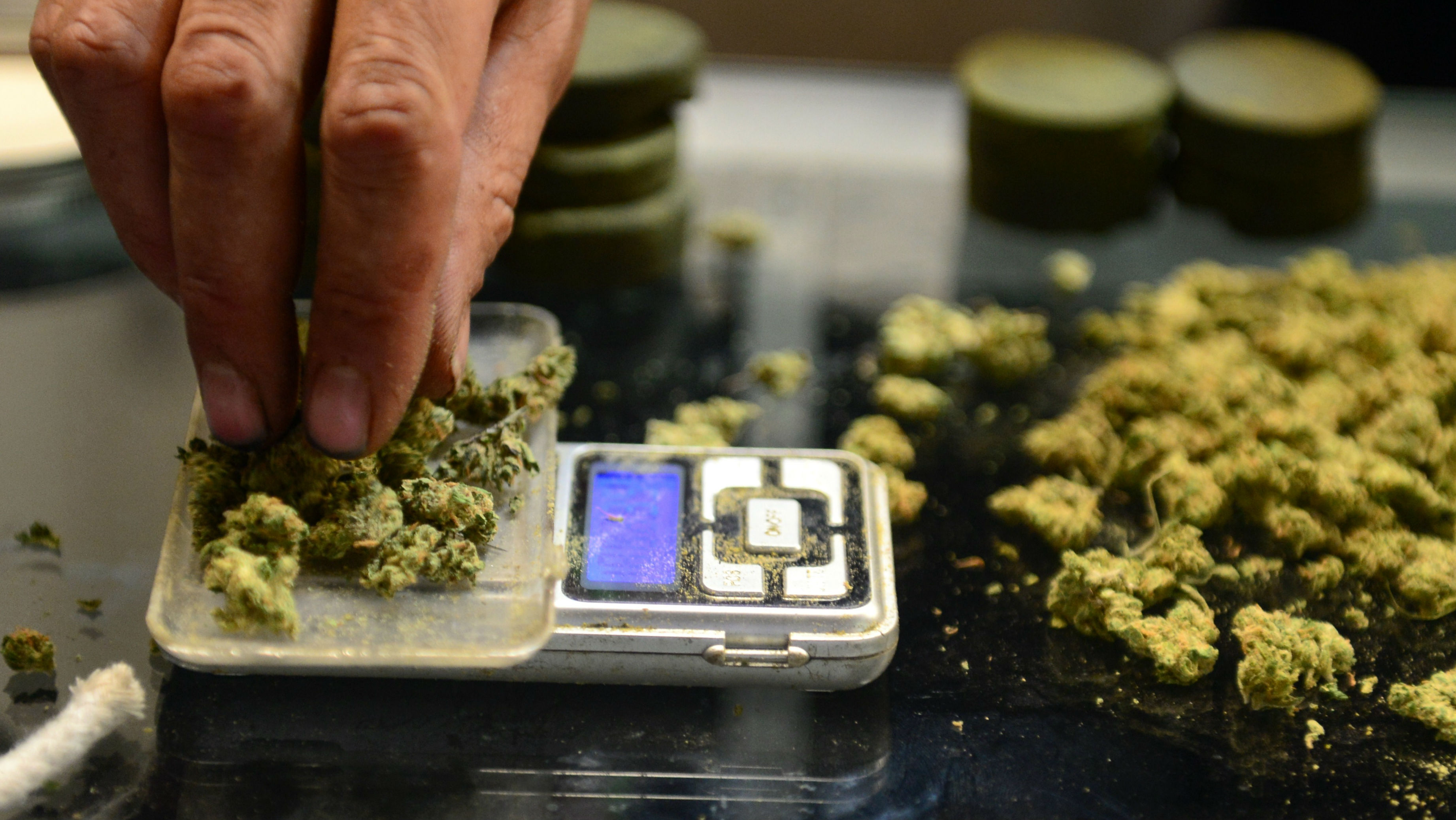 Why is Canada’s black-market cannabis market booming?
Why is Canada’s black-market cannabis market booming?In Depth Many users still buy from unlicensed dealers despite legalisation of the drug